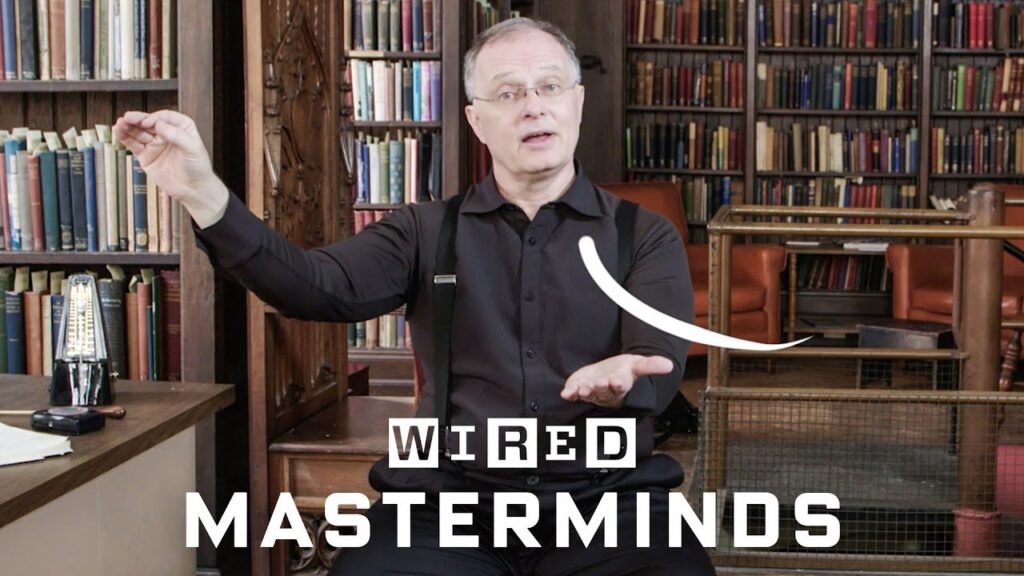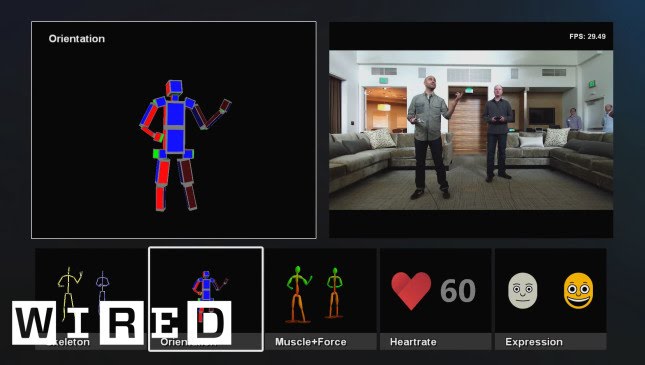The Discovery of Penicillin: How One Lowly Soldier’s Observations Changed Medicine Forever
Summary
The story of the discovery of penicillin by Ernest de Chesne, a young soldier and doctor in the French army, is one of missed opportunities and tragedy. Despite discovering the powerful antibiotic properties of mold, de Chesne was not connected to any professional network that could help him take his findings further. As a result, penicillin was not widely used for 30 years, leading to the needless deaths of millions from infections that could have been easily treated.
Table of Contents
- The discovery of penicillin
- The tragic problem of being disconnected from a professional network
- The ignored PhD and shelved secret of penicillin
- The rediscovery of penicillin in Scotland
- The consequences of not being connected: millions die needlessly
- Networking and the power of big ideas
- The importance of connecting people to professional networks
Introduction
The discovery of penicillin is a story that is widely known in the medical community, but the details of how it was discovered are often overlooked. Ernest de Chesne, a young doctor in the French army, discovered the powerful antibiotic properties of mold in the late 19th century. Unfortunately, his findings were ignored for decades because he was not connected to any professional network that could have helped him spread the word about the potential of penicillin. In this Q&A session, we will explore the story of penicillin and the consequences of being disconnected from professional networks.
Q&A
The discovery of penicillin
Q: Who discovered penicillin?
A: Penicillin was discovered by Ernest de Chesne, a young doctor in the French army, in the late 19th century. He noticed the healing properties of mold on saddle sores in horses and surmised that mold might cure infections.
Q: How did Ernest de Chesne discover penicillin?
A: Ernest de Chesne was on his rounds in the horse stables when he noticed that horses with saddle sores healed more quickly if there was mold under the saddle. He began to wonder if mold could cure infections and conducted experiments on guinea pigs that showed the mold had antibiotic properties.
The tragic problem of being disconnected from a professional network
Q: Why were Ernest de Chesne’s findings ignored?
A: Ernest de Chesne was not connected to any professional network that could have helped him spread the word about his findings. He wrote up his findings in his PhD thesis and sent it to the Institut Pasteur, but they ignored it because they did not know who he was.
Q: Why was being disconnected from a professional network a problem for Ernest de Chesne?
A: Being disconnected from a professional network meant that Ernest de Chesne’s findings were not widely known or disseminated. He was a lowly soldier in the army and did not have the connections or resources to get his findings in front of the right people. As a result, penicillin was not widely used for decades and millions of people died needlessly from infections that could have been cured by penicillin.
The ignored PhD and shelved secret of penicillin
Q: What happened to Ernest de Chesne’s PhD thesis on penicillin?
A: Ernest de Chesne’s PhD thesis on penicillin was ignored by the Institut Pasteur and shelved. The secret of penicillin’s antibiotic properties died with Ernest de Chesne and was not widely rediscovered for another 30 years.
Q: How did Ernest de Chesne find out about the healing properties of mold on infections?
A: Ernest de Chesne was on his rounds in the horse stables when he noticed the healing properties of mold on saddle sores in horses. He conducted experiments on guinea pigs that showed the mold had antibiotic properties.
The rediscovery of penicillin in Scotland
Q: Who rediscovered penicillin?
A: Penicillin was rediscovered by Alexander Fleming in Scotland in 1928. He noticed that a petri dish of bacteria had been contaminated by mold and that the bacteria near the mold had died.
Q: How did the rediscovery of penicillin benefit medicine?
A: The rediscovery of penicillin opened up a new era of medicine in which previously deadly bacterial infections could be easily cured. Penicillin was used to treat soldiers wounded in World War II and saved countless lives. It also spurred the development of other antibiotics.
The consequences of not being connected: millions die needlessly
Q: What were the consequences of Ernest de Chesne’s findings being ignored for 30 years?
A: The consequences of Ernest de Chesne’s findings being ignored were many. Millions of people died needlessly from bacterial infections that could have been easily cured with penicillin. In addition, the development of antibiotics was delayed by 30 years, prolonging the suffering of those with bacterial infections.
Q: Why is it important to be connected to a professional network?
A: Being connected to a professional network can mean the difference between success and failure in many fields. It can help you spread your ideas, get feedback on your work, find collaborators and funding, and advance your career. In the case of Ernest de Chesne, being disconnected from a professional network meant that his discovery of penicillin went unrecognized and untapped for decades, causing unnecessary suffering and death.
Networking and the power of big ideas
Q: How did the story of penicillin illustrate the power of networking?
A: The story of penicillin illustrated the power of networking in that it showed how a single idea, connected to the right people, can have a huge impact on the world. If Ernest de Chesne had been connected to a professional network, his discovery could have led to the widespread use of penicillin and saved countless lives. It was only when Alexander Fleming rediscovered penicillin, and was connected to a network of scientists who could help him develop it, that the full potential of penicillin was realized.
Q: Why is it important to connect people to professional networks?
A: It is important to connect people to professional networks because it can help them achieve their goals, whether those goals are related to advancing their careers, spreading their ideas, finding collaborators or funding, or making a difference in their fields. Being part of a professional network also means having access to a wealth of knowledge and expertise that can help you achieve your goals.
Conclusion
The story of penicillin is a cautionary tale of what can happen when a potentially life-saving discovery is ignored because the discoverer is not connected to a professional network. Being disconnected can mean that ideas go unrealized, knowledge is lost, and lives are needlessly lost. By highlighting the importance of professional networks and the power of big ideas, we can help ensure that more discoveries like penicillin are recognized, shared, and developed for the greater good.







